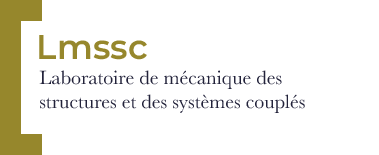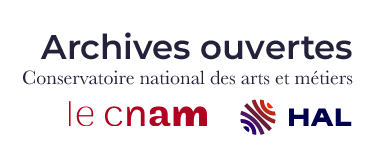Gradient-Based Optimization of Structures Immersed in an Acoustic Cavity Using XFEM, ROM and Surrogate Model
Résumé
During engineering design processes, issues of noise reduction must be integrated and could play a part on final designs. In order to improve the efficiency of the process, the use of a global optimization strategy based on fluid-structure coupled solver can be used. However, classical optimization approaches require a large computation effort to find the optimal solution especially since the derivatives of the quantity of interest are required. In this context, this work proposes an efficient strategy to determine the optimal position and shape of a structure in an acoustic cavity in order to minimize the sound level in a specific area. The acoustic solver is based on (1) an XFEM approach [1] to manage the discontinuity of the acoustic pressure due to the immersed structure and the fluid-structure coupling without changing the mesh of the fluid, (2) a modal synthesis approach [2] to solve the problem along the frequency bandwidth and (3) a direct approach to compute derivatives of the pressure fluid with respect to the design parameters. Finally a global optimization is achieved using a Bayesian Optimization strategy based on a gradient-based surrogate model (Gaussian Process) [3]. Expected improvement is used as acquisition function to improved it along the optimization iterations [4]. The optimization strategy will be detailed and the performance will be discussed consid- ering 2D and 3D problems with thin and massive structures.
REFERENCES
[1] A. Legay. An extended finite element method approach for structural-acoustic prob- lems involving immersed structures at arbitrary positions. International Journal for Numerical Methods in Engineering, 93(4):376–399, 2013.
[2] A. Legay. The extended finite element method combined with a modal synthesis approach for vibro-acoustic problems. International Journal for Numerical Methods in Engineering, 101(5):329–350, 2015.
[3] L. Laurent, R. Le Riche, B. Soulier, and P.-A. Boucard. An overview of gradient- enhanced metamodels with applications. Archives of Computational Methods in En- gineering, 26(1):61–106, 2019.
[4] D. R. Jones, M. Schonlau, and W. J. Welch. Efficient global optimization of expensive black-box functions. Journal of Global optimization, 13(4):455–492, 1998.

